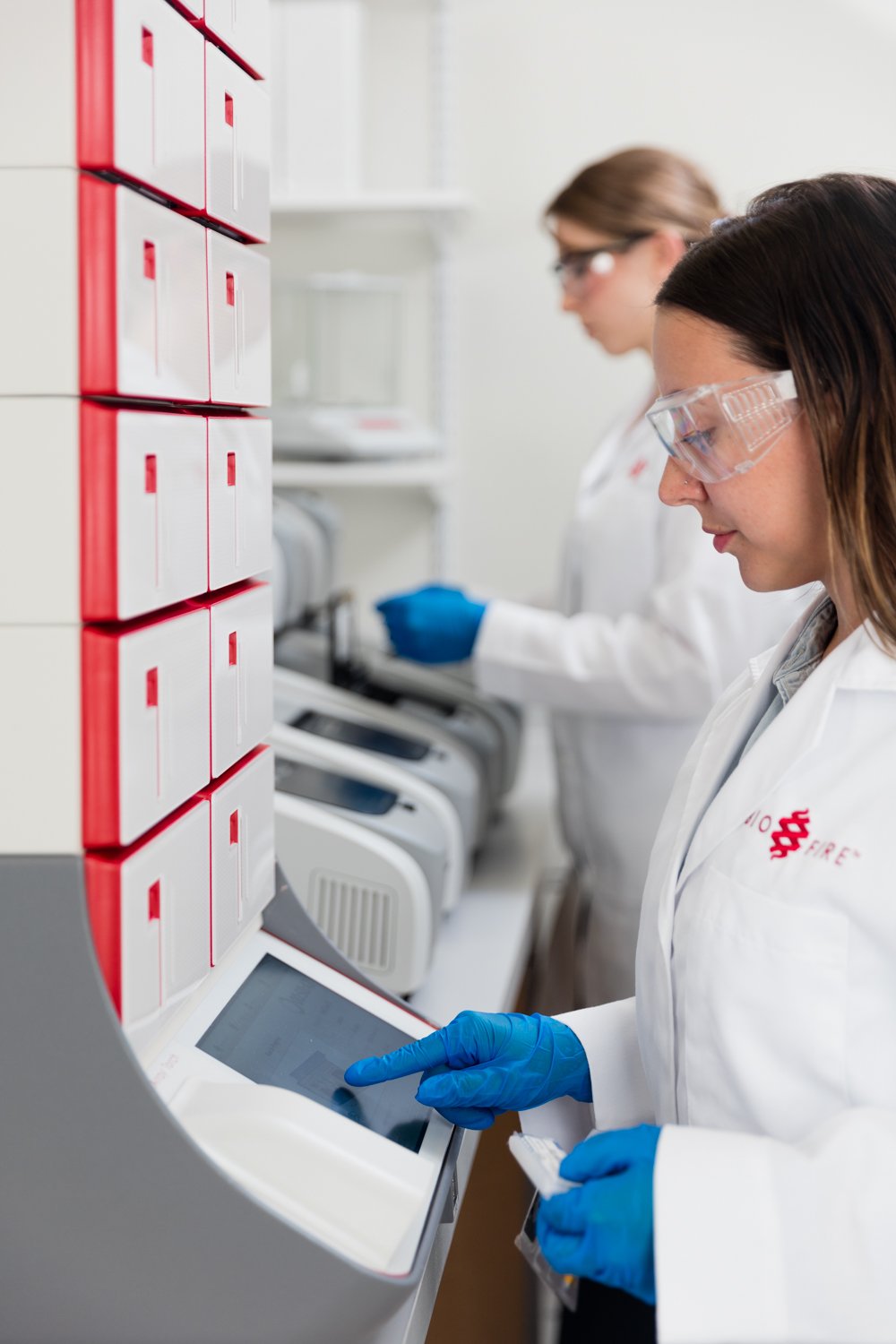Understanding Common Types of HAIs
There are many types of healthcare-acquired infections (HAIs), some of which are caused by devices used in medical procedures, including catheters and ventilators, or which appear at surgical sites.9 The four most common types are Central Line-Associated Bloodstream Infections (CLABSI), Catheter-Associated Urinary Tract Infections (CAUTI), Surgical Site Infections (SSI), and Ventilator-Associated Pneumonia (VAP).
CLABSI and CAUTI infections both occur as a direct result of medical device insertion. CLABSI infections are defined as a laboratory-confirmed bloodstream infection not related to an infection at another site, that appear within 48 hours after central line placement.10 CAUTI infections are caused by urinary catheters and can involve any part of the urinary system including the urethra, bladder, ureters, or kidneys.11
VAPs are another type of HAI caused by using a medical device. In cases of VAP, a lung infection develops in an individual who is on a ventilator assisting them with breathing.12 Importantly, pneumonia patients, including those with VAP, are sometimes incorrectly or sub optimally treated with antibiotics, further contributing to the AMR pandemic.
Surgical site infections (SSI) are post-operative wound infections that occur in the part of the body where the surgery took place. SSIs can either be superficial infections that only involve the skin, or in more serious cases, may involve tissues under the skin, organs, or implanted material.13
Unlike common HAIs caused by medical devices or surgery,C. difficle infections usually arise as a side-effect of taking antibiotics.14 The CDC classifies C. difficile as a major health threat, estimated to cause nearly half a million infections in the United States each year.15 Other HAIs monitored and tracked by the U.S. Department of Health and Human Services (HHS) include invasive and hospital-onset MRSA.8


